There was a recent news article that Gérard Depardieu, the French actor most known to people from the 60’s onward has decided to renounce his EU citizenship and move to Russia. As Russia is quite fond of what they call classic cinema, it welcomed him with open arms and was excited to invite him over to dinner.
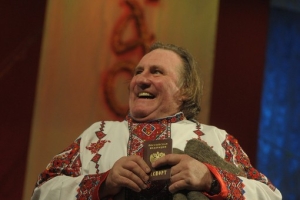
Here’s Gérard Depardieu with his new passport and Mordvin identity
A less known fact is that Gérard Depardieu would like to become the president of Mordovia. This is not fiction, nor a made-up place, even if few people outside of Russia have heard of it.
Mordovia does exist and it might not want Gérard Depardieu as a president.
Another thing that people are not very aware of is the fact that many high placed Russian politicians are considered to secretly be Mordvins.
Yet who are these people, who have infiltrated themselves so and whose charm draws even world famous movie stars to join them?!
The people, the place, the culture
The Mordvins mostly live in Mordovia, an autonomous republic of the Russian Federation, which they have inhabited since medieval times. However, one should not confuse them with other Slavs, because the Mordvins belong to the Finno-Ugric group, along with Finns, Hungarians and Estonians and speak a language distantly related to those.
They have come from their homeland in the legendary Altai Mountains sometime during the Middle Ages and unlike their more Western cousins, have decided to remain in the steppe region, close to modern day Moscow. Since then the Mordvins have scattered across other parts of the country, where they try to blend in and work their usual magic.
And the term magic is quite adequate, as the Mordvins, along with their cousins the Mari, are what could be called the last pagans of Europe. Despite the insistent attempts to be Christianized, some Mordvins have kept their pagan beliefs and practices to this day, along with their old naming customs.
All about the Mordvin names
Whenever you meet someone named Ovstay and Pichay, know that behind these names there is a bear and a pine. Amongst other much loved pagan names are Torkan – lark, Nuyat – harvest, Cheymarina – cranberry and Pinyas – dog. Another give-away is using the surname before the given name, something unthinkable for many Russians. Even though many Mordvins have added an -ov or -ev at the end of their surnames, to help protect their secret identities, the practice is not foolproof. Kirdyashov and Uchvatov do not sound Slavic to a trained ear.
The sort of paganism that the Mordvins practice, or Mastorava (Mother Earth) as they call it, revolves around the worship of nature and nature-based deities. This is why many of their given names refer to trees, harvest and agriculture, animals and seasons of the year.
Mordvin folklore and original customs is what keeps their culture alive and gives them their identity. It is their link to their ancestors and where they came from.
The steppe as an environment is not the mythical barbaric place we imagine, roaming with Sarmatian riders and frightful creatures of the underworld, although the recent immigration of Mr. Depardieu might beg to differ.
The steppe can consist of large forests and marshes, groves, gorges and open fields. Because of this, in most pagan religions of the European steppe, especially towards the north, trees and water deities are given an important position. Mordvin culture has been shaped by this environment, which may have reminded them of their homeland far away.
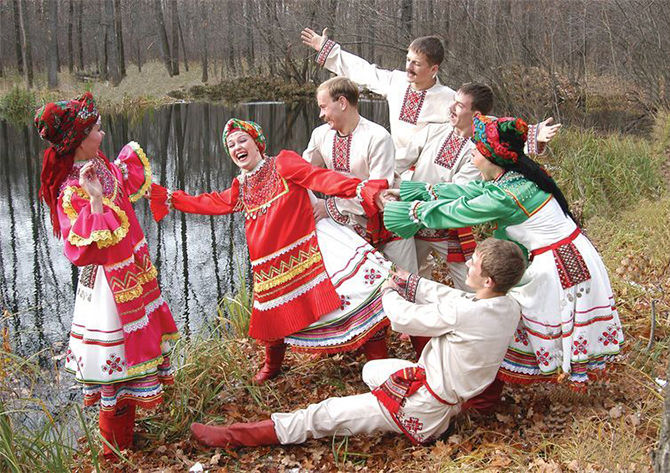
Mordvins by a pond
Another special feature of these steppe Finns is their use of Christian, Slavic names, that is, adapting them to fit in with the rest of the crowd.
While walking along some river bank, not far from the Volga line, we might encounter some pleasant people called Kvedor, Markva, Valdonya and Nekhot and not realise that in Russian they would be Fyodor, Marfa, Svetlana and Mefody aka Theodore, Martha, Svetlana and Methodius.
This sort of phenomenon happens because of the Finno-Ugric special phonetic and secret lore. Any sound which is not familiar to their native tongue will be changed and adapted to suit the native tastes. One might just wonder what they will do to Gérard Depardieu‘s name, now that they’ve got hold of him!
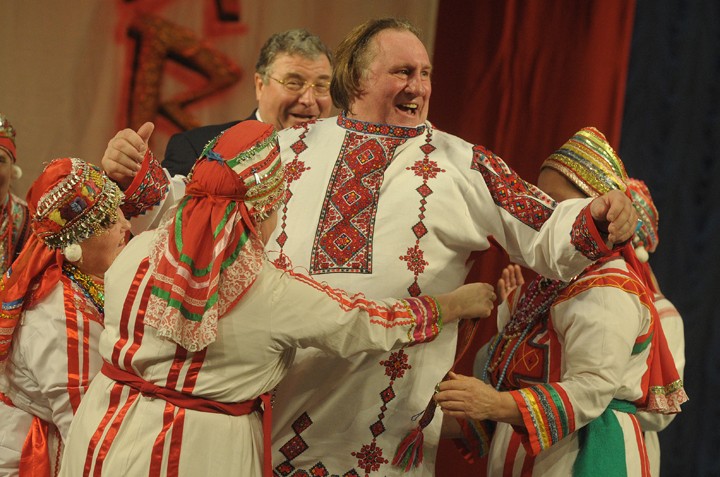
They’ve truly got him now!
In our journey through the world it might be difficult to actually run into a real Mordvin. They are discreet people, who like to blend in if they find themselves in foreign territory. In fact, because of this, they face assimilation in Russia and are the most integrated minority so far. This happens due to their proximity to Moscow and the centre of Russia and their physical alikeness to Russians themselves.
They have always been under pressure to fit in better, which meant to give up their authentic identity. Their pagan names are what keeps their culture alive.
Photo Sources:
- Mordovia landscape by Andrey Voronin
- Gérard Depardieu:
- Mordvins by a pond: http://www.goloserzi.ru/…zyan-i-mokshan.html
- Mordovia in Russia: https://en.wikipedia.org/wiki/Mordovia

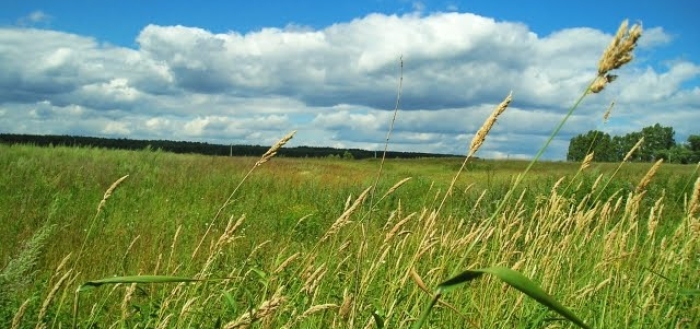
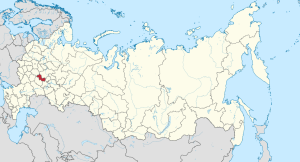
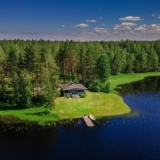
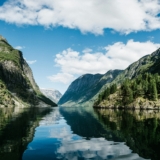
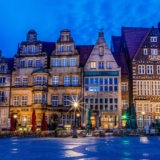

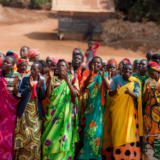
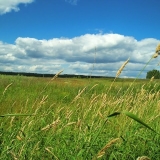
I really enjoyed your article.
“I’m more fond of the Mordvins because as Pagans they are ignored on Genetic results. No, rather than label a group a religion I prefer to be given a choice”
Interesting article. The Family of my Grandfather spoke Russian. They originally came from the area of eastern Ukraine and further into Russia. A DNA Test showed that I also inherited “Finnish” to some small percentages making me wonder if I’ve also ancestry from this Finnish/ Russian minority. Makes at least much more sense than Finland itself. Greetings from Lower Saxony